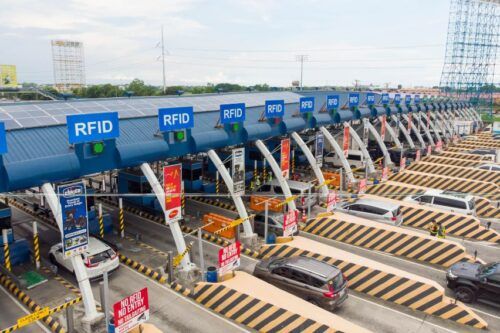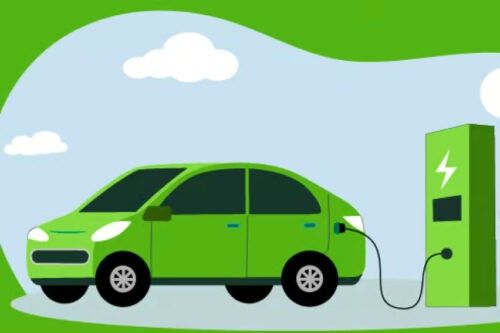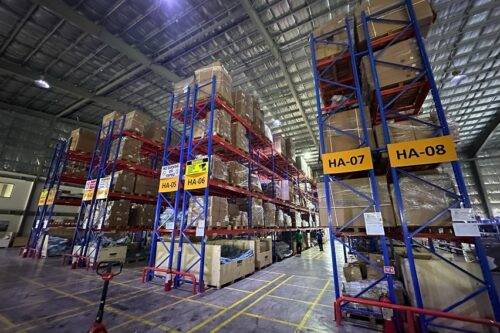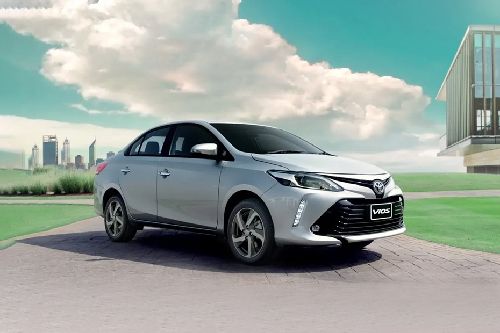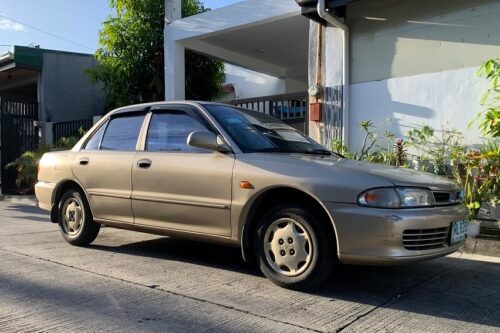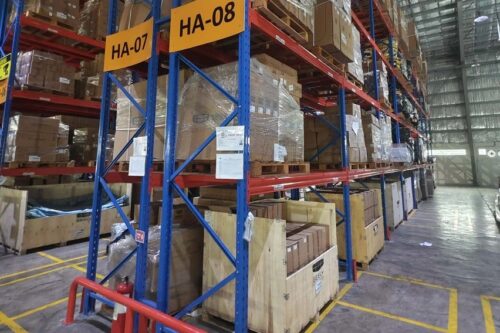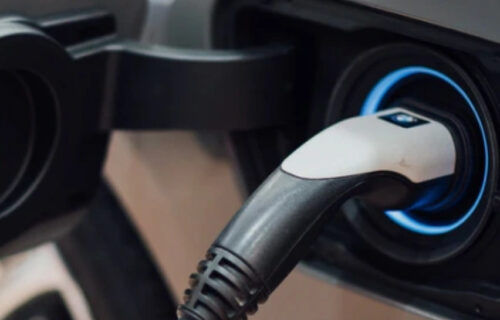Pump prices set to go down again
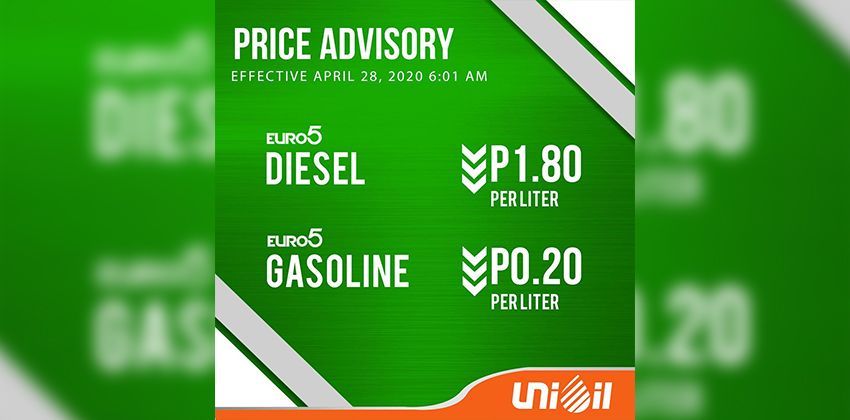
MANILA: Fuel prices will go down again by April 28 at 6:01 am. The price per liter of gasoline decreased by P0.20 per liter (P0.55 per liter last April 21). As for diesel, the price per liter went down by P1.80 (P1.15 per liter last April 21). All implemented price changes are VAT-inclusive and reflect modifications in the global oil market. Price changes may also differ in some locations.
Earlier last week, US crude oil prices dipped following oversupply brought about by the reduction in global fuel demand. This decline was a result of the travel restrictions implemented due to the COVID-19 pandemic.
To date, the total adjustments since the start of 2020 are currently at a net reduction of P19.75 per liter for kerosene, P15.09 per liter for diesel, and P15.07 per liter for gasoline. This is based on the information from the Department of Energy (DOE) released last week.
On April 21, the Organization of Petroleum Exporting Countries (OPEC), along with other countries like Russia, declared a production cut of around 10 million barrels daily to increase oil prices.
During this time, Saudi Arabia also conducted a meeting of the OPEC+ alliance and other suppliers to discuss the agreement on output cuts.
Saudi Arabia exported crude oil to Europe, particularly in Spain, Greece, Poland, Netherlands, and France. Nevertheless, demand for fuel remained weak in North Asia since Japanese oil producers are in the process of deliberation at that time on whether to boost imports of crude oil from the United Arab Emirates (UAE) and Saudi Arabia for May 2020.
As of August 2014, the US had become the largest producer of petroleum worldwide, surpassing Saudi Arabia and other Middle Eastern countries. The increase in fuel supply can be attributed to fracking, an oil extraction technology involving non-conventional hydraulic fracturing and drilling.
Fracking entails the extraction of gas and oil from reservoirs through the fracturing of oil shales and pumping of sand. Thus, lower fuel prices result in the slowing down of the growth rate of “tight oil” petroleum generated through fracking.
The oil price war which happened before between OPEC and those that have employed fracking methods is one of the significant reasons why fuel prices roll back. Because fracking is a costly method, OPEC has high hopes that if they permit fuel prices to drop freely, it will become too expensive for its competitors.
As one of the oil-importing countries in Asia, the Philippines may gain more economic benefits from price rollbacks that occurred during the past few weeks and months due to the COVID-19 global crisis. For Filipino consumers, the reduction in fuel prices means less dollars to pay, which translates to lower prices of commodities. Average consumers will also be able to save more from the drop in prices of goods since a price rollback is similar to a tax cut.
Nevertheless, the economies of major oil suppliers such as Brazil, Russia, and the Middle East may suffer from continuous fuel price rollbacks.
As the decrease in oil production starts in May 2020, the oil industry may suffer from an oversupply exacerbated by a decline in global fuel demand due to the coronavirus pandemic.
The cost of the global standard Brent crude oil may constantly decrease. As of April 21, it is at US$27.51 per barrel and it may reach US$20 per barrel as well.
With the ongoing implementation of the enhanced community quarantine (ECQ) to combat the COVID-19 pandemic, numerous fuel companies have also declared support to aid the frontliners and the government in terms of their fuel needs and demands during these challenging times.
Photo from Unioil official Facebook page
Also read: Fuel prices roll back anew
Sell your car at the best price
 Verified and genuine buyers
Verified and genuine buyers
PIMS 2024
Trending & Fresh Updates
- Latest
- Popular
You might also be interested in
- News
- Featured Stories
Featured Cars
- Latest
- Upcoming
- Popular
Latest Car Videos on Zigwheels

Car Articles From Carmudi
- journal
- advice
- financing
- insurance







